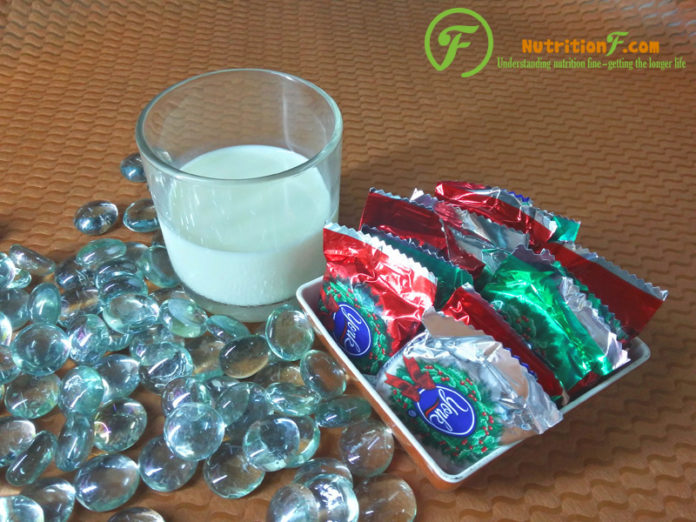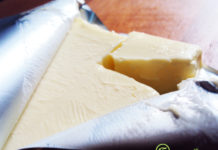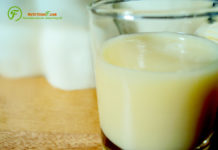Whole milk – we all talk about it daily because it is considered a wonderful source to our health. However we should have some words about milk in general firstly to know it which is a simple pale liquid but it contains the very high value of nutrition to human health with nothing to be compared. There is the popular information that it is counted over 6 billion people who consume milk and the products from it throughout the world today. So in the very short quote with the evident not to be proved, it is very important part of our life.
Related to story of milk, it has not just limited in the discussions of nutrition mentioned, there are many things interesting to talk about such as the history, variety, advantages in details, disadvantages that you may not know yet, related products and even many discussions existed or the stories telling about it are still not ended. So some minutes for reading about it and stories related may help you to know more the interesting and value things about the most popular product that you consume for health daily.
When people start to use milk?
Before whole milk, breast milk may be considered the value beginning for the long story. It is considered the iconic symbol for the abundant nutrition and safety. However the interesting thing is that, the consuming by human was not from breast milk firstly but mammals’ milk in which whole milk later.
Generally, it was found out that humans consumed mammals’ milk in the very early time. It was about 9000 to 7000 BC with the first area in Southwest Asia. The point helps to define this consuming by the Neolithic Revolution, and then the agricultural development. People domesticated the animals and in the process, they started to use dairy such as from sheep and goats. The consuming milk and then appeared in some areas in Europe, South Asia and some other places. However, some areas such as East Asia, Southeast Asia, America and Australia consumed it later. The consuming mammals’ milk based on some features related to domestication of animals and raising cattle. That was the reason why in the beginning time, the consuming it by people happened in some areas not all places in the world.
Varieties of milk
Generally we agree the milk reminded here is cow milk. And you may find out today a lot of milks from cow in different types, names and packages on the stores. Sometimes it is not easy for you to distinguish or choose the most suitable milk for your family, your children and you yourself. Although there is the guidelines about it but the rich of types make you to be confused normally. The varieties of it mostly base on the fat percentage contained such as whole milk with 3.5% of fat, reduced fat milk with 2% of fat, low fat milk with 1% of fat, fat free milk with not more than 0.2% of fat etc.
If not the cow milk, there are different types that you may see such as goat milk. Related to botany, there are different types such as soy milk with soy beans are the main ingredient; almond milk with almond nuts are the main ingredient; corn milk with corn is the main ingredient etc.
One more type of it used today is the type synthesized from a laboratory by the ingredients with water, fat and proteins.
2 most important milk sources
It is truly the varieties of it through the existing, but with 2 most important sources included breast milk and cow’s milk. It is confirmed that there is not any milk source more valuable than breast milk. This value source is the golden nutrition for all newborn babies to 6 months at least.
Related to cow’s milk, they are very rich in nutrients with the many types that contribute effectively to human health in all ages.
Milk and benefits
Simple word but rich nutrition, it can contribute to human health in many aspects. Milk offers the long list of nutrients such as calcium, magnesium, phosphorus, proteins and many other minerals.
Milk is good for bone health and your teeth. It helps to reduce blood pressure; decrease the risk of diabetes type 2 and also some cancers.









